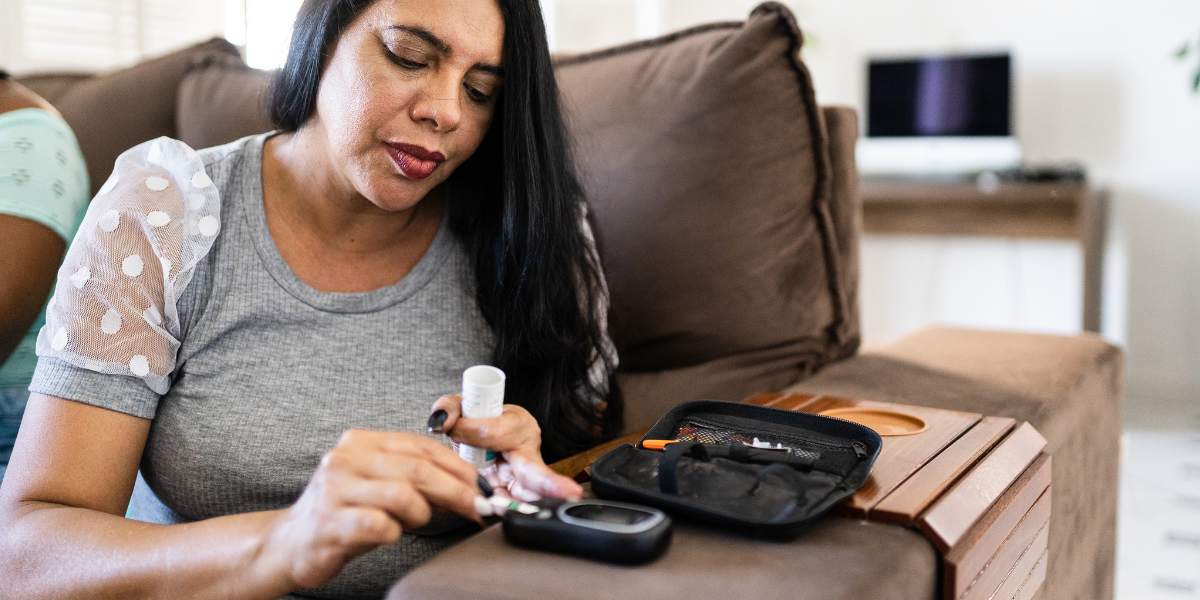Scientists can determine whether a child will go on to develop obesity by analysing their gut bacteria during their early years, a new study shows.
Research conducted at the Université Sorbonne Paris has found that changes in the gut microbiota that predispose to adult obesity begin in early childhood.
During the study, the team of academics reviewed the health data of 512 children between the age of two and five. Each participant also provided the research team with a stool sample.
- Gut bacteria less diverse in people with Irritable Bowel Syndrome
- Gut bacteria could be influential in development of type 2 diabetes
The scientists detected a link between the children’s BMI score at the age of five and the ratio of two types of obesity-related bacteria in their gut – Firmicutes to Bacteroidetes.
According to the findings, the children with a higher ratio of Bacteroidetes are less likely to develop obesity in the future compared to those with a lower ratio of the bacteria.
Lead author Gaël Toubon said: “The reasons these gut bacteria affect weight is because they regulate how much fat we absorb.
“Children with a higher ratio of Firmicutes to Bacteroidetes will absorb more calories and be more likely to gain weight.”
Toubon added: “These findings suggests that what matters with the gut microbiota is not only a question of which bacteria are involved, but also what they are doing.
- Binge drinking in youth linked to changes in gut microbiome
- Meditation could have positive effects on microbiome and gut health, small study shows
“The gut microbiota is emerging as an important early-life factor which is able to influence weight gain in childhood and later life.”
Toubon concluded: “Our findings reveal how an imbalance in distinct bacterial groups may play an important role in the development of obesity.
“Further research is needed to drill dwn into the specific bacterial species that influence risk and protection and to better understand when the switch to an obesity favourable gut microbiota may take place, and therefore the right timing for possible interventions.”




